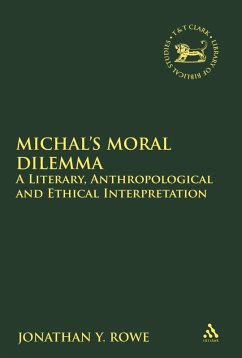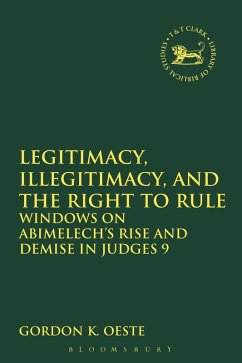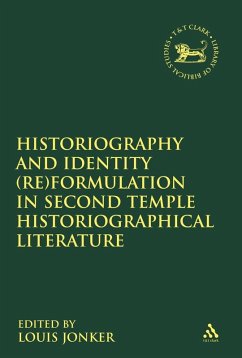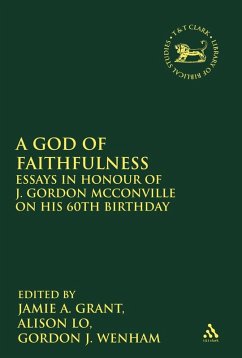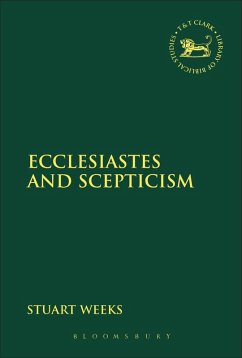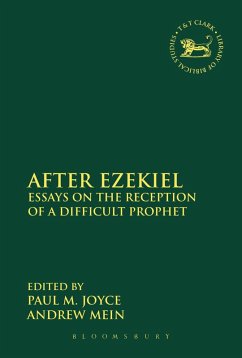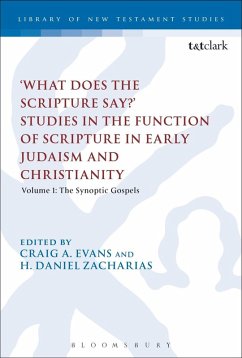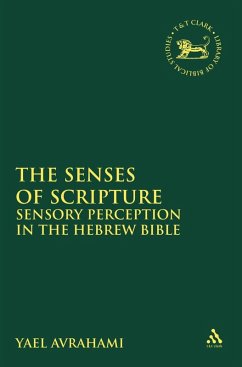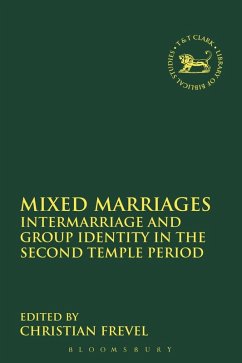
Approaches to the 'Chosen Place' (eBook, PDF)
Accessing a Biblical Concept
Versandkostenfrei!
Sofort per Download lieferbar
32,95 €
inkl. MwSt.
Weitere Ausgaben:

PAYBACK Punkte
16 °P sammeln!
Deuteronomy's command to restrict cultic practice to one "chosen place" has occupied a central position in scholars' understandings of the book and their reconstruction of Israelite political and religious history. The debates about the date of Deuteronomy, its proposed connections to "Josiah's reform", and, most profoundly, the "Deuteronomistic History (DH) hypothesis" have dominated study of the idea of "chosen place". These debates have, to a large extent, determined how we read Deuteronomy and the Former Prophets in general. Through a reading of key texts from these corpora, this book prov...
Deuteronomy's command to restrict cultic practice to one "chosen place" has occupied a central position in scholars' understandings of the book and their reconstruction of Israelite political and religious history. The debates about the date of Deuteronomy, its proposed connections to "Josiah's reform", and, most profoundly, the "Deuteronomistic History (DH) hypothesis" have dominated study of the idea of "chosen place". These debates have, to a large extent, determined how we read Deuteronomy and the Former Prophets in general. Through a reading of key texts from these corpora, this book provides a new, textually grounded, perspective of the "chosen place."




